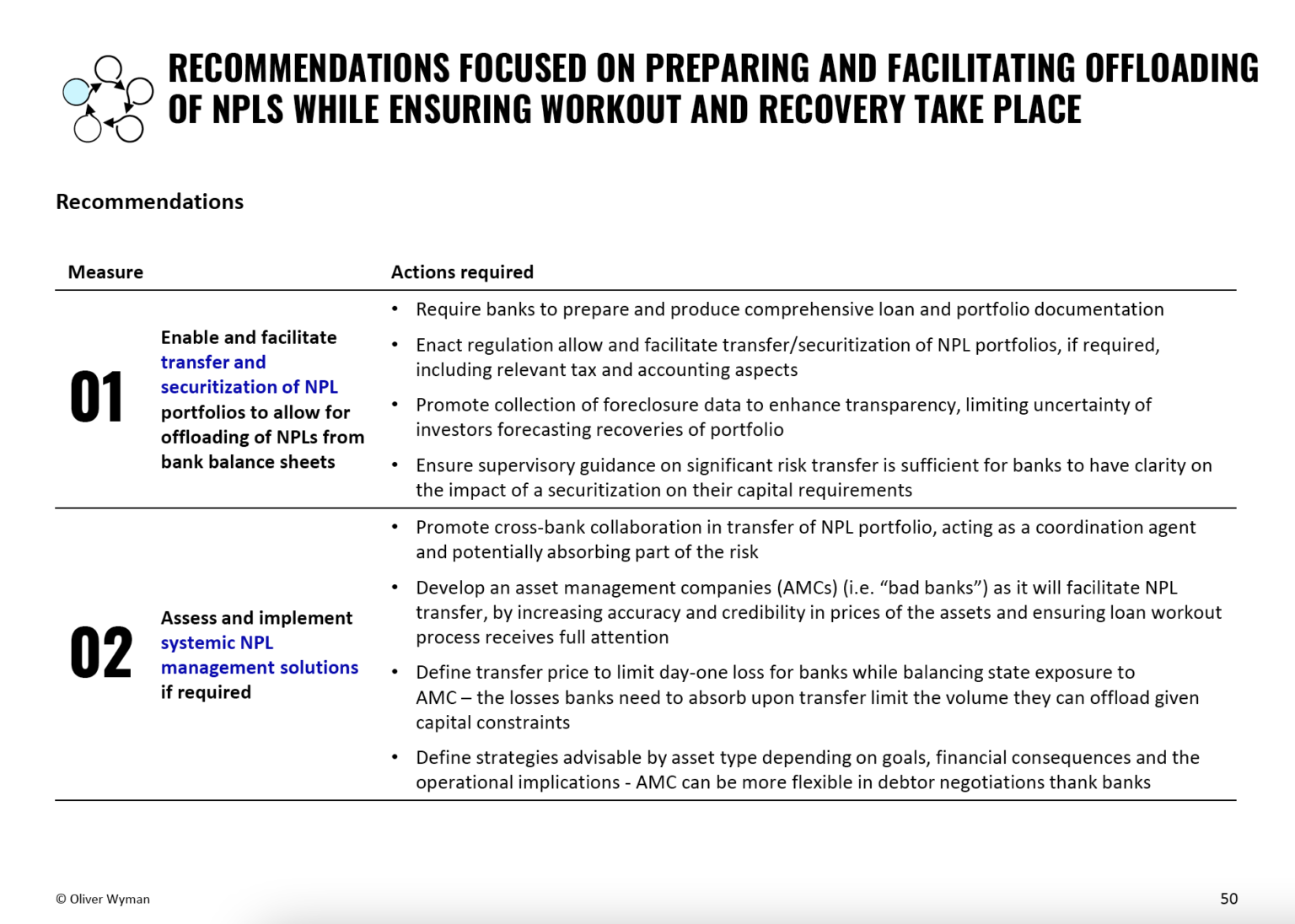Metabolic Syndrome: Early Dementia Risk And The Power Of Prevention

Table of Contents
Understanding Metabolic Syndrome and its Components
Metabolic syndrome is a cluster of conditions that increase the risk of heart disease, stroke, and type 2 diabetes. A diagnosis of metabolic syndrome involves the presence of at least three of the following five factors:
- Increased waist circumference: This indicates excess abdominal fat, a key marker of MetS. For men, a waist circumference of 40 inches or more, and for women, 35 inches or more, is considered high risk.
- High blood pressure (hypertension): Consistently elevated blood pressure puts strain on the cardiovascular system, impacting blood flow to the brain.
- High blood sugar (hyperglycemia): Often indicative of insulin resistance, where the body's cells don't respond effectively to insulin, leading to elevated blood glucose levels.
- High triglycerides: These are a type of fat found in the blood. High levels contribute to the build-up of plaque in arteries, hindering blood flow.
- Low high-density lipoprotein (HDL) cholesterol ("good" cholesterol): Low levels of HDL cholesterol are linked to an increased risk of heart disease and other metabolic complications.
The interplay of these components creates a perfect storm, increasing the likelihood of developing serious health problems, including dementia. Insulin resistance, in particular, plays a significant role. It disrupts the body's ability to utilize glucose effectively, impacting not only peripheral organs but also the brain, which is highly dependent on glucose for energy.
The Link Between Metabolic Syndrome and Dementia Risk
The connection between metabolic syndrome and dementia isn't simply correlative; there are several biological mechanisms at play. Research suggests that MetS significantly increases the risk of various types of dementia, including Alzheimer's disease and vascular dementia. Key factors include:
- Chronic inflammation: The metabolic disturbances associated with MetS trigger chronic low-grade inflammation throughout the body, including the brain. This inflammation damages brain cells and contributes to neurodegeneration.
- Cerebrovascular disease: MetS increases the risk of stroke and other cerebrovascular diseases. Reduced blood flow to the brain due to damaged blood vessels directly impairs cognitive function and accelerates cognitive decline.
- Insulin resistance and brain function: Insulin resistance negatively affects the brain's ability to utilize glucose for energy, potentially leading to neuronal dysfunction and impaired cognitive processes.
- Numerous studies have shown a strong association between metabolic syndrome and an increased risk of cognitive impairment and dementia. These studies underscore the importance of addressing MetS as a modifiable risk factor for dementia.
Strategies for Preventing Metabolic Syndrome and Reducing Dementia Risk
The good news is that metabolic syndrome and its associated dementia risk are largely preventable. Lifestyle changes play a critical role:
- Adopt a healthy, balanced diet: A Mediterranean-style diet, rich in fruits, vegetables, whole grains, lean proteins, and healthy fats, is particularly beneficial. Limit processed foods, sugary drinks, and saturated fats.
- Engage in regular physical activity: Aim for at least 150 minutes of moderate-intensity or 75 minutes of vigorous-intensity aerobic activity per week. Include strength training exercises at least two days a week.
- Maintain a healthy weight: Losing even a small amount of weight, particularly abdominal fat, can significantly improve metabolic health.
- Manage blood sugar and blood pressure: Regular monitoring and lifestyle changes, combined with medication when necessary, are crucial for controlling these risk factors.
- Regular medical checkups and screenings: These are vital for early detection and management of MetS and other potential health issues.
The Role of Medication in Managing Metabolic Syndrome
While lifestyle changes are paramount, medication may be necessary to manage specific components of metabolic syndrome, such as diabetes, hypertension, and high cholesterol, when lifestyle modifications alone are insufficient. Medications like metformin for diabetes, ACE inhibitors or ARBs for high blood pressure, and statins for high cholesterol can help control these conditions and reduce the long-term health risks. It's crucial to remember that medication should always be taken under the guidance of a healthcare professional.
Conclusion
The evidence strongly supports a significant link between metabolic syndrome and increased risk of early-onset dementia. However, the good news is that metabolic syndrome is largely preventable and manageable through proactive lifestyle changes. By adopting a heart-healthy diet, engaging in regular physical activity, maintaining a healthy weight, and managing blood sugar and blood pressure, you can significantly reduce your risk of developing both metabolic syndrome and dementia. Take control of your metabolic health and reduce your risk of dementia. Learn more about metabolic syndrome prevention today. Don't wait – start your journey to a healthier brain by addressing metabolic syndrome risks now.

Featured Posts
-
 Saints Mock Draft Finding Kamaras Successor In The Top 10 Picks
Apr 25, 2025
Saints Mock Draft Finding Kamaras Successor In The Top 10 Picks
Apr 25, 2025 -
 Primeiro Dia De Carnaval Jorge And Mateus E Felipe Amorim Conquistam O Publico
Apr 25, 2025
Primeiro Dia De Carnaval Jorge And Mateus E Felipe Amorim Conquistam O Publico
Apr 25, 2025 -
 Stranger Things Star Sadie Sink Discusses The Unforeseen Aspects Of Early Fame
Apr 25, 2025
Stranger Things Star Sadie Sink Discusses The Unforeseen Aspects Of Early Fame
Apr 25, 2025 -
 Canberra Marathon Bob Fickels 40th Race
Apr 25, 2025
Canberra Marathon Bob Fickels 40th Race
Apr 25, 2025 -
 Price Gouging Allegations Surface After La Fires A Real Estate Perspective
Apr 25, 2025
Price Gouging Allegations Surface After La Fires A Real Estate Perspective
Apr 25, 2025
Latest Posts
-
 Nba Week 16 Cavaliers Big Trade And The Importance Of Player Rest
Apr 30, 2025
Nba Week 16 Cavaliers Big Trade And The Importance Of Player Rest
Apr 30, 2025 -
 Unlock 150 With Bet Mgm Bonus Code Rotobg 150 Nba Playoffs Betting
Apr 30, 2025
Unlock 150 With Bet Mgm Bonus Code Rotobg 150 Nba Playoffs Betting
Apr 30, 2025 -
 Cleveland Cavaliers Post Trade Performance Week 16 Review And Outlook
Apr 30, 2025
Cleveland Cavaliers Post Trade Performance Week 16 Review And Outlook
Apr 30, 2025 -
 Cavs Week 16 Analysis Assessing The Trades Impact And The Teams Break
Apr 30, 2025
Cavs Week 16 Analysis Assessing The Trades Impact And The Teams Break
Apr 30, 2025 -
 Cleveland Cavaliers Week 16 Key Takeaways Big Trade Impact And Much Needed Rest
Apr 30, 2025
Cleveland Cavaliers Week 16 Key Takeaways Big Trade Impact And Much Needed Rest
Apr 30, 2025
